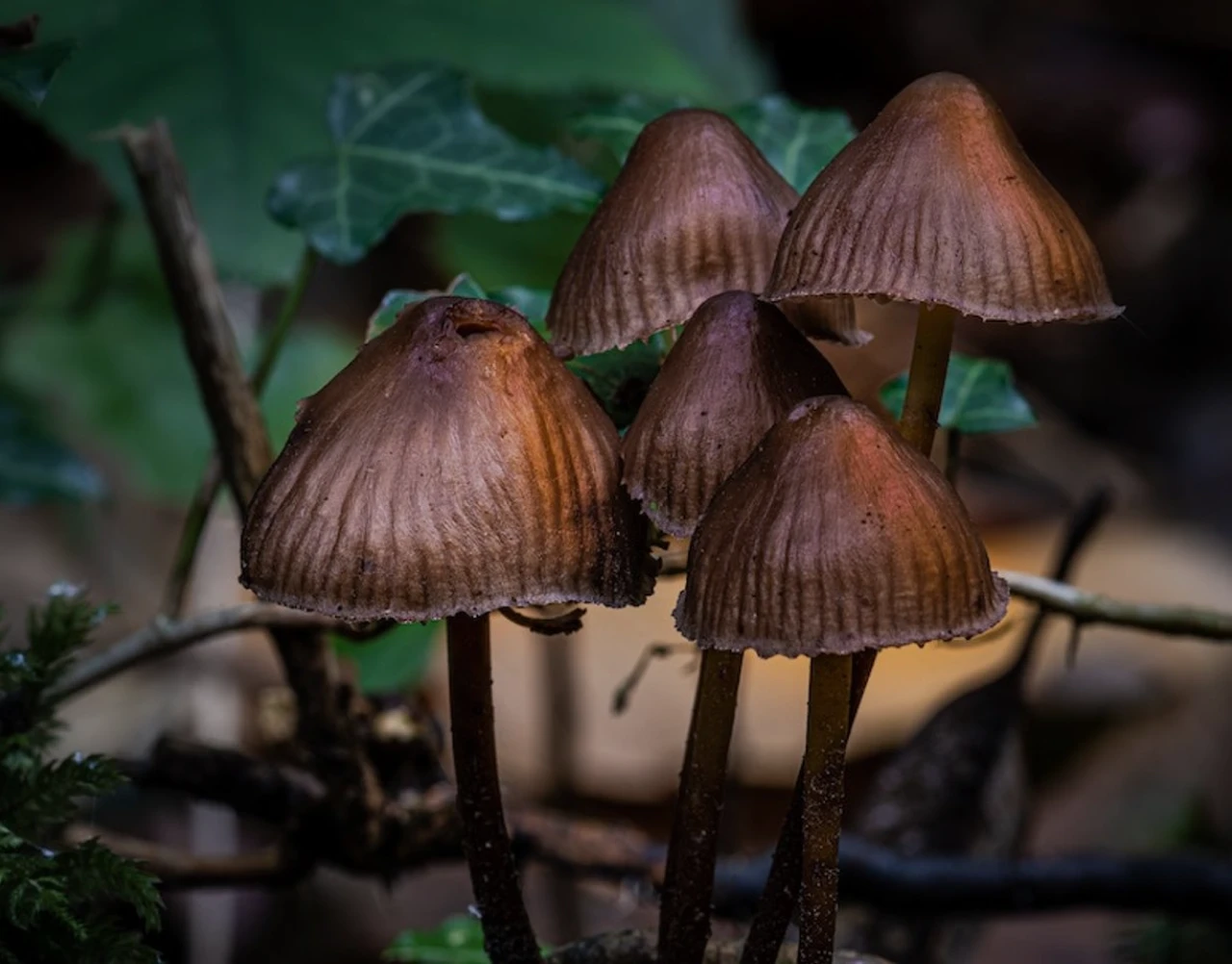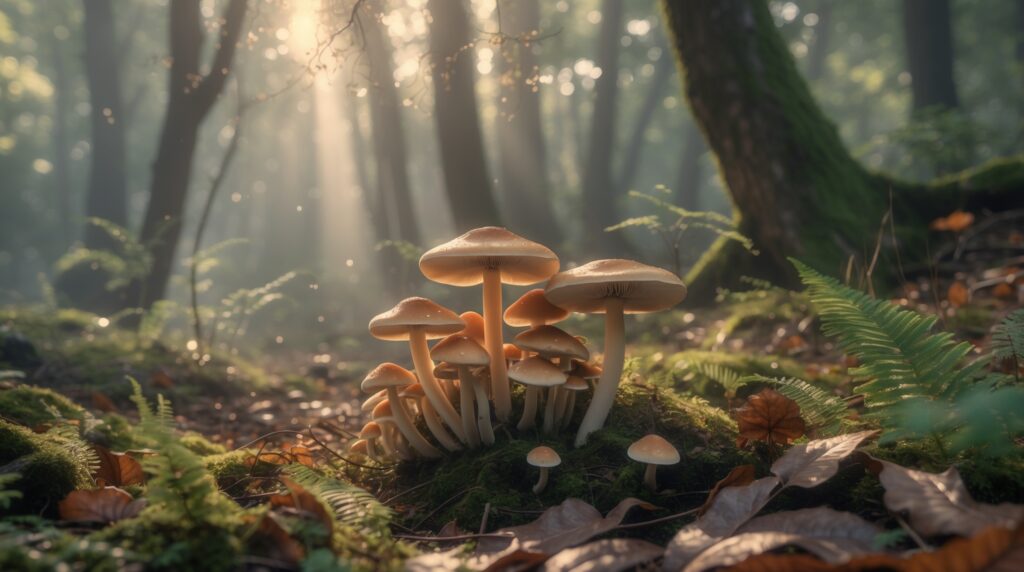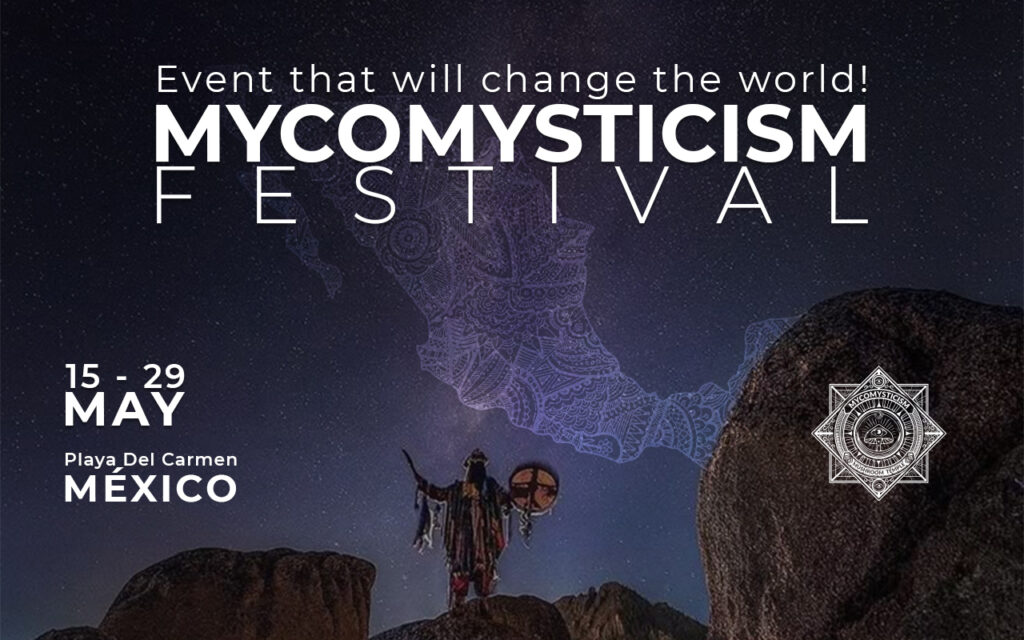The Truth About Psychedelic Mushrooms: History, Science, and Effects
Sacred Keys to Expanded Consciousness
Psychedelic mushrooms have long been revered as sacred tools for expanding consciousness, transforming perception, and unlocking the hidden depths of the mind. Throughout centuries, these mystical mushrooms have served as gateways to profound insight, offering glimpses beyond the veil of ordinary reality. Their power transcends mere chemical interaction—they’ve been woven into the spiritual fabric of diverse cultures, guiding healing rituals and shamanic journeys across continents and millennia. Today, modern science is finally catching up to ancient wisdom, uncovering the therapeutic potential of these remarkable organisms in treating mental health disorders and facilitating deep personal transformation.
A Thousand-Year Legacy of Sacred Journeys
The relationship between humans and psychedelic mushrooms stretches back through the corridors of time. Indigenous tribes of Mesoamerica, particularly the Aztecs and Maya, integrated these powerful mushrooms into their religious ceremonies as divine messengers. These cultures referred to them reverentially as «teonanácatl»—»flesh of the gods»—acknowledging their sacred nature and transcendent properties. When Spanish conquistadors encountered these practices, they documented but ultimately condemned them as heretical, driving this spiritual tradition underground for centuries.
The mid-20th century witnessed a renaissance of Western interest in psychedelic mushrooms when ethnomycologist R. Gordon Wasson published his groundbreaking account in Life magazine in 1957, detailing his transformative experience with Mazatec shaman María Sabina in Mexico. This pivotal moment ignited a wave of curiosity that eventually led to Swiss chemist Albert Hofmann—already famous for synthesizing LSD—isolating psilocybin, the primary compound responsible for the mushrooms’ consciousness-altering effects.
During the cultural revolution of the 1960s, psychedelic mushrooms became central to the counterculture’s exploration of consciousness. Visionaries like Timothy Leary and Terence McKenna championed their transformative potential, advocating for their role in personal and collective evolution. However, the sweeping legal restrictions of the 1970s abruptly halted scientific inquiry, forcing these practices into the shadows. Today, we’re witnessing another renaissance as researchers and therapists rediscover these ancient medicines, bringing their healing potential back into the light of scientific scrutiny.
The Dance of Perception and Consciousness
The experience of psychedelic mushrooms transcends simple description—it’s a profound shift in perception that often leads to states of heightened awareness, sensory enhancement, and deep introspection. Colors become more vivid and seemingly alive, patterns breathe with organic rhythm, and ordinary objects reveal hidden dimensions of beauty and significance. Emotions flow with unusual intensity, unveiling psychological insights and emotional catharsis that often remain inaccessible in ordinary states of consciousness.
Time itself seems to bend and flow differently under the influence of psilocybin, sometimes expanding into eternal moments or condensing years of insight into seeming seconds. Many journeyers report mystical experiences of cosmic unity, temporary dissolution of ego boundaries, and spiritual awakenings that resonate with the core teachings of the world’s wisdom traditions. Creative thinking flourishes as neural pathways communicate in novel patterns, often resolving persistent problems or generating artistic inspiration from previously untapped wellsprings of imagination.
At higher doses, individuals may experience what mystics and researchers call «ego dissolution»—a state where the conventional boundaries of self temporarily dissolve, giving way to a profound sense of interconnectedness with all existence. This state, while potentially deeply therapeutic and transformative, demands respect and proper preparation to navigate its profound waters safely.
The Emerging Science of Healing
Recent years have witnessed an explosion of rigorous scientific research validating what indigenous cultures have known for millennia—that psychedelic mushrooms offer remarkable therapeutic potential. Leading research institutions have conducted groundbreaking clinical trials examining their effects on various mental health conditions with promising results that challenge conventional treatment paradigms.
For depression and anxiety, particularly in treatment-resistant cases, psilocybin therapy has demonstrated remarkable efficacy. Landmark studies show that even a single carefully guided session can lead to substantial reductions in depressive symptoms lasting months beyond the acute experience. Participants frequently report not just symptom reduction but profound shifts in their relationship to their condition, experiencing increased emotional well-being and reconnection with meaning and purpose in life.
The processing of trauma presents another frontier for psychedelic therapy. Preliminary research suggests that the neuroplasticity-enhancing properties of psilocybin may help individuals break free from entrenched traumatic thought patterns, creating opportunities to reprocess difficult experiences with new perspective and emotional resilience. This approach offers hope for those suffering from PTSD and related conditions who haven’t found relief through conventional therapies.
In addiction treatment, psychedelic-assisted therapy shows particular promise. Studies exploring psilocybin for alcoholism and nicotine dependence reveal significant increases in long-term sobriety rates when the medicine is combined with therapeutic support. Rather than merely suppressing cravings, these experiences often help individuals understand the psychological roots of their addictive patterns and discover the internal resources needed for lasting change.
Perhaps most moving is the research with terminally ill patients facing end-of-life anxiety. Studies consistently show that psilocybin sessions can dramatically reduce fear and existential distress in those confronting mortality. The mystical experiences commonly reported in these sessions appear to help individuals find peace and acceptance in the face of life’s greatest mystery, often reconnecting them with a sense of meaning that transcends physical existence.
Navigating Sacred Waters Responsibly
While the therapeutic and spiritual potential of psychedelic mushrooms is remarkable, they demand respect, preparation, and responsible engagement. Unlike conventional pharmaceuticals, their effects are profoundly influenced by what experts call «set and setting»—the mindset of the individual and the environment in which the experience takes place. Proper preparation, guidance, and integration support are essential components of beneficial encounters with these powerful teachers.
The psychological terrain activated by psychedelics can sometimes include challenging material. Experiences that some might label «bad trips» are often better understood as difficult but potentially valuable encounters with suppressed emotional content or existential questions. With proper support and context, even challenging journeys can yield profound insights and healing. However, individuals with personal or family histories of psychosis should approach with caution, as psychedelics may interact adversely with certain underlying conditions.
The legal landscape surrounding psychedelic mushrooms is rapidly evolving. Jurisdictions like Oregon and Colorado in the United States have implemented frameworks for regulated access, while numerous other regions are considering similar reforms. This shifting legal terrain reflects growing recognition of their therapeutic potential and relatively favorable safety profile when used responsibly.
The Horizon of Possibility
As scientific evidence continues to mount and cultural attitudes evolve, many experts anticipate that psychedelic mushrooms will soon occupy a central position in the future of mental healthcare and spiritual exploration. Organizations dedicated to psychedelic research and education are advocating for thoughtful regulation that balances accessibility with safety, similar to the path that cannabis has traversed from prohibition to increasingly mainstream acceptance.
Structured psychedelic retreats, guided therapeutic sessions, and carefully implemented microdosing protocols are becoming more available as individuals seek alternatives to conventional treatments and paths to growth. As this field matures, the integration of psychedelic-assisted therapy into mainstream healthcare may fundamentally reshape our understanding of consciousness, healing, and human potential.
The Mycomysticism Perspective: Beyond Therapy
At Mycomysticism, we approach psychedelic mushrooms not merely as therapeutic tools but as sacred technologies for consciousness evolution. Our philosophy embraces these medicines as catalysts for spiritual awakening and personal transformation, honoring both their scientific significance and their mystical dimensions. By bridging ancient wisdom traditions with contemporary understanding, we seek to guide individuals toward expanded awareness, inner healing, and profound insights into the nature of existence itself.
As humanity awakens to the transformative power of these ancient allies, Mycomysticism stands at the frontier of this exploration, honoring the sacred legacy of these remarkable mushrooms while embracing their potential to help us navigate the complex challenges of modern existence. Through respectful engagement with these teachers from the natural world, we may rediscover our fundamental interconnection with all life and access the wisdom needed for personal and collective healing in these pivotal times.





